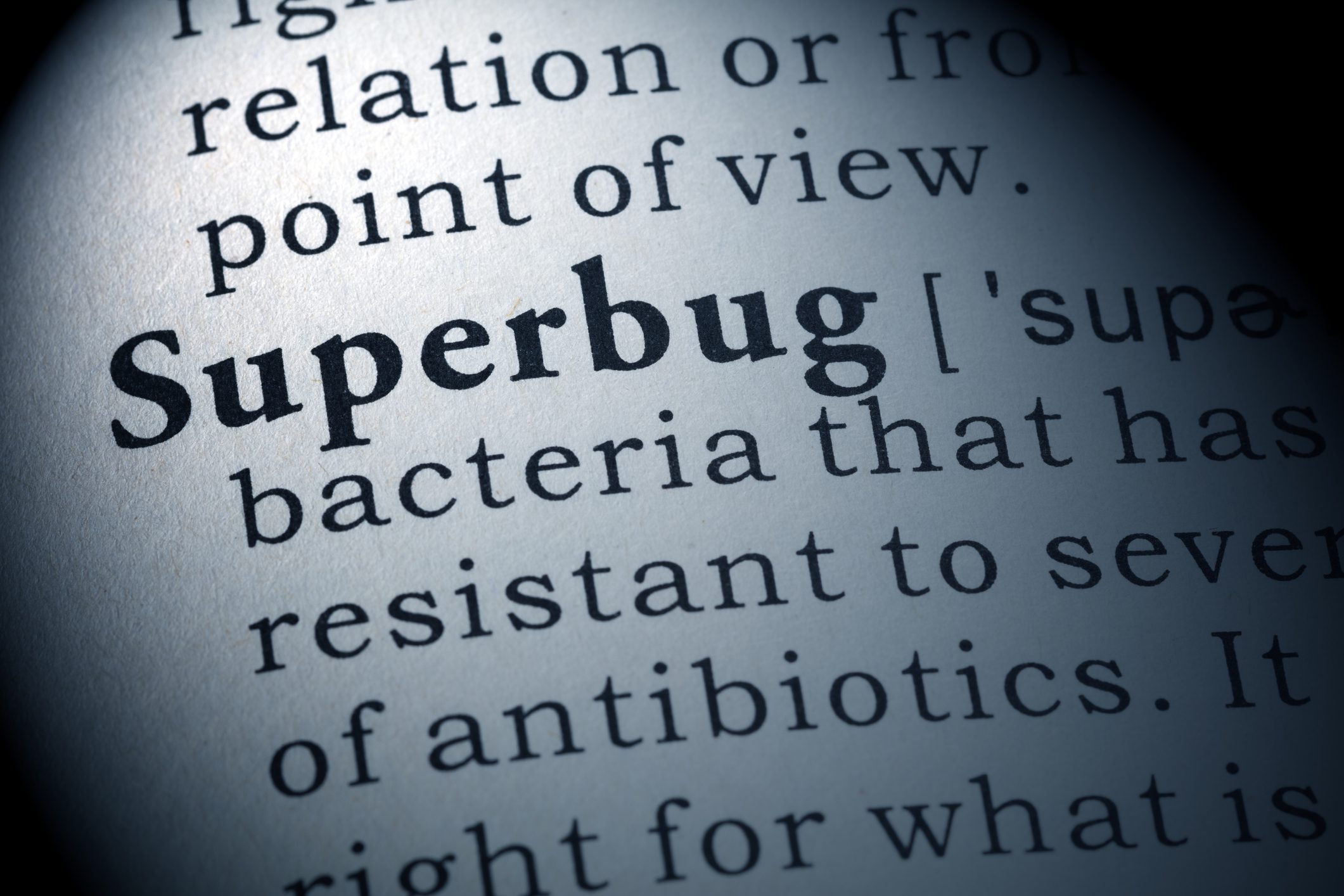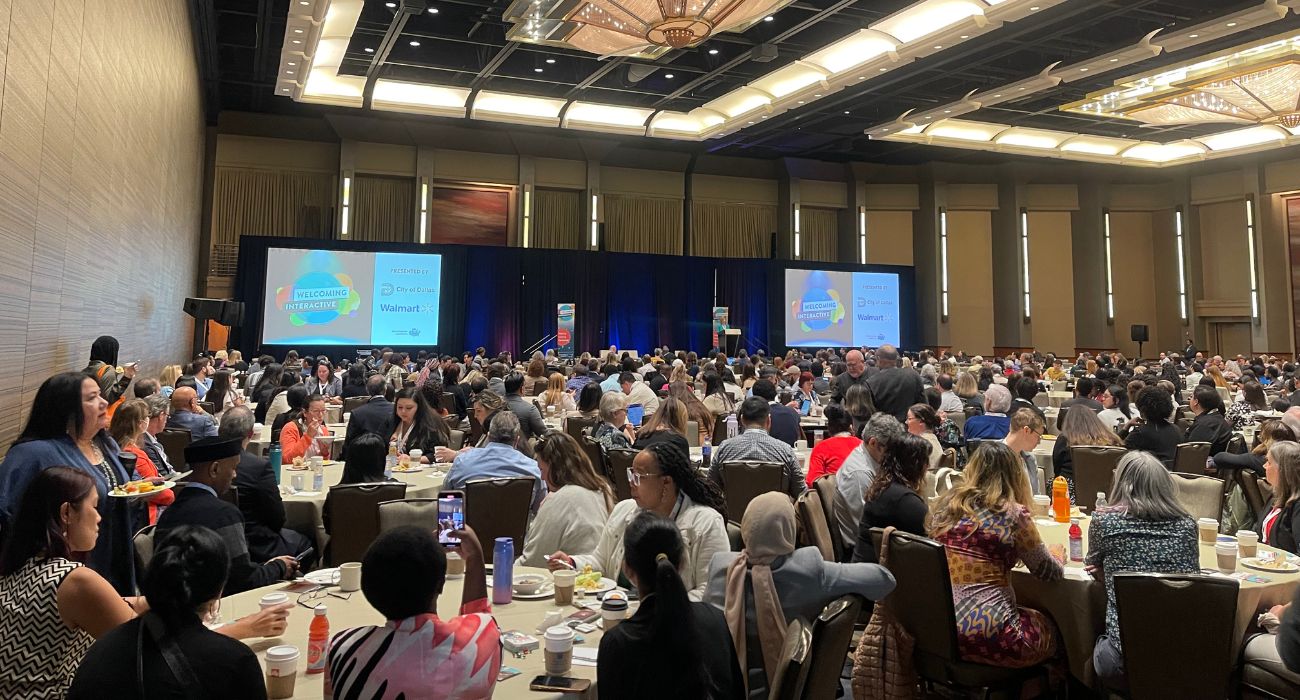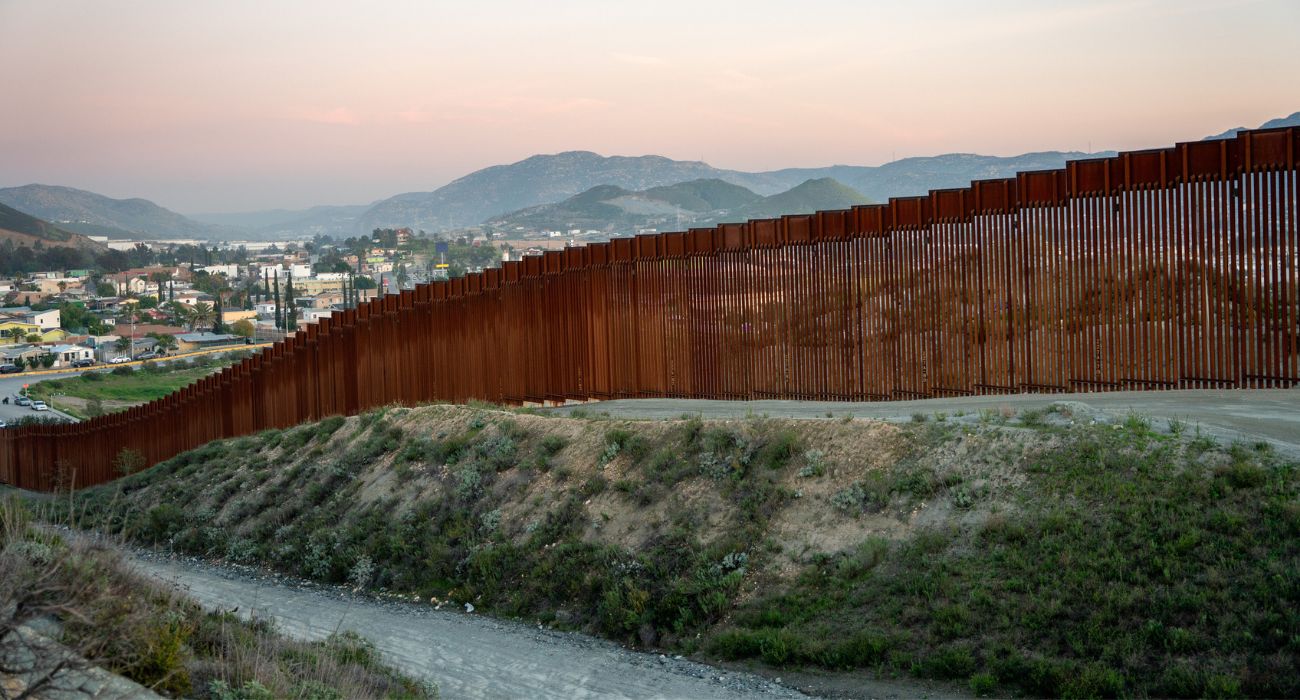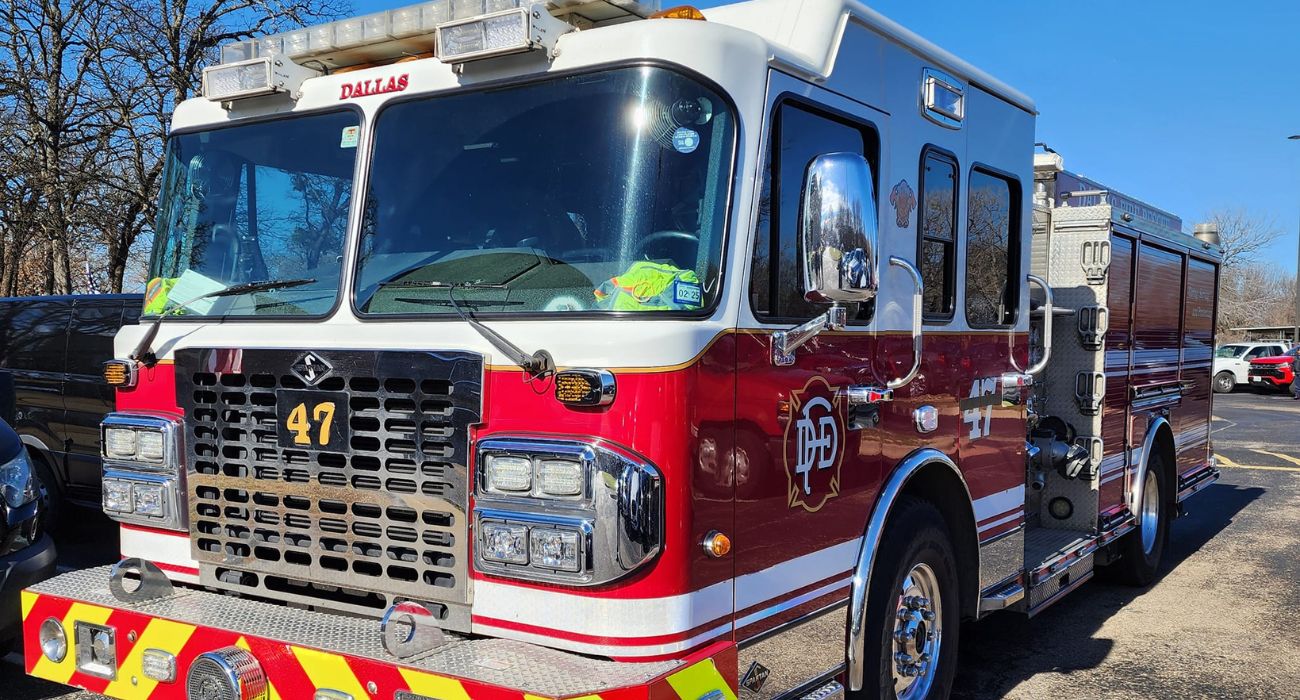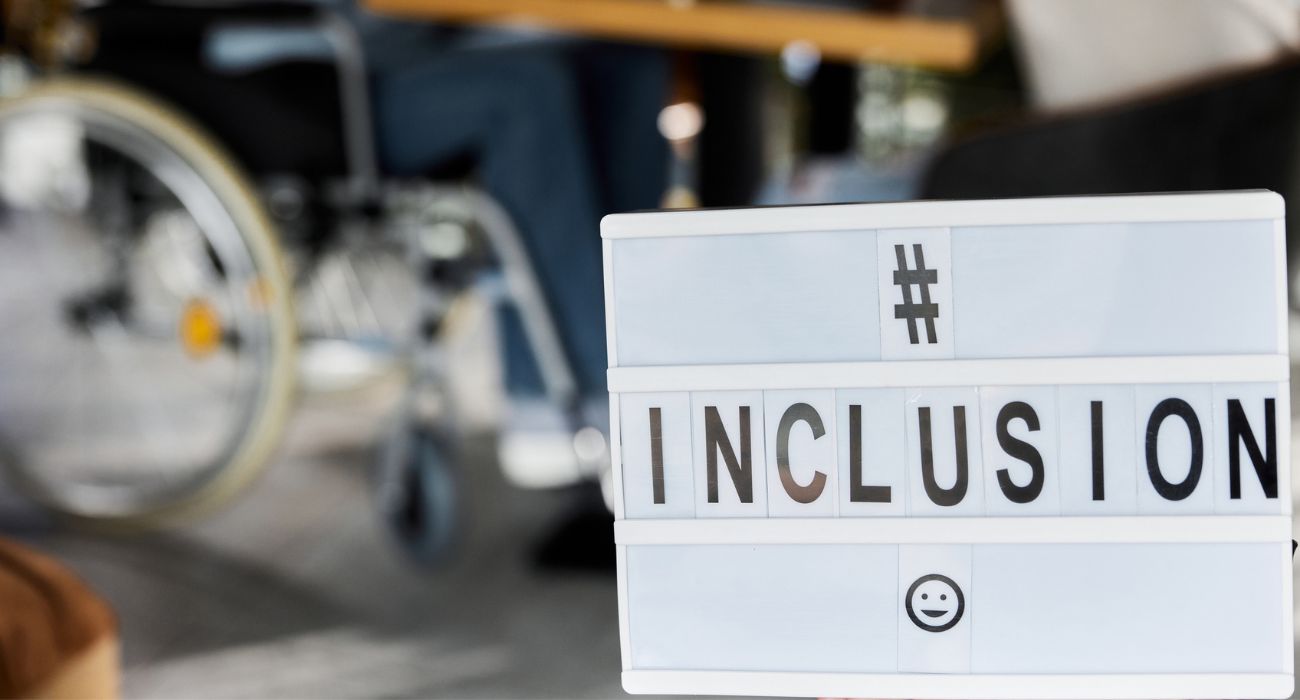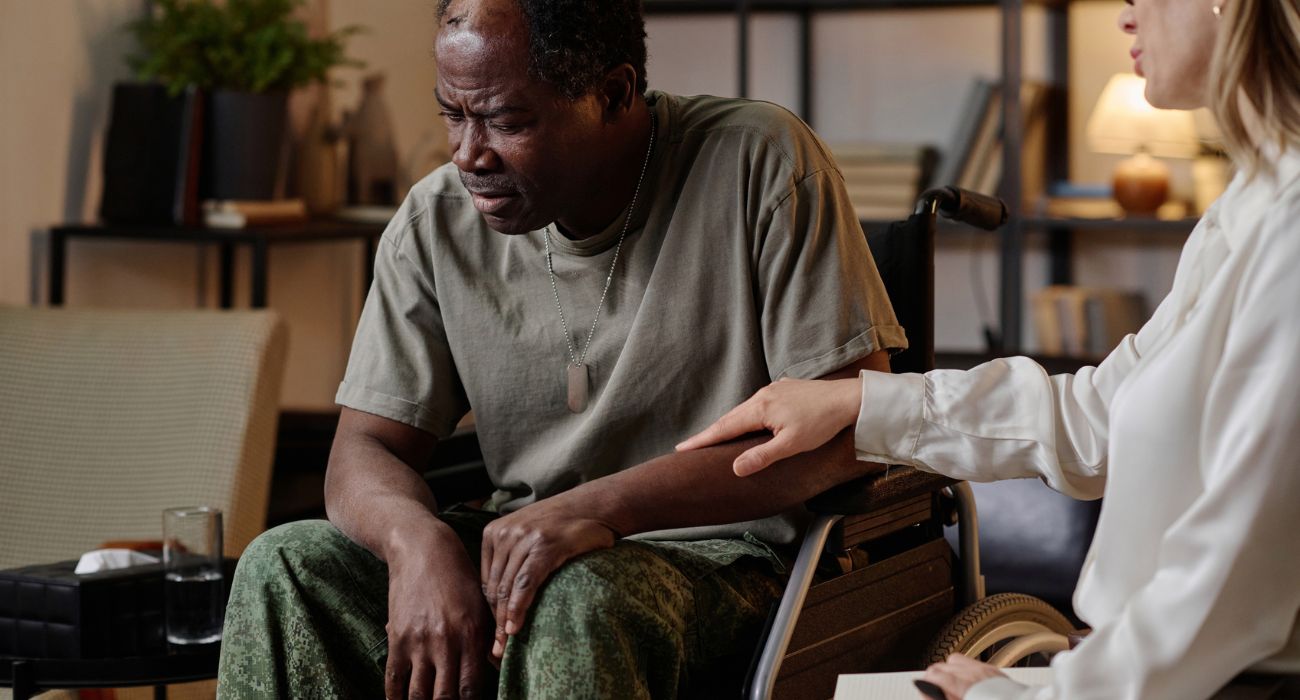I wasn’t nervous about a minor knee surgery. As an NFL football player who’d undergone far more extensive operations before, this procedure seemed completely routine. Little did I know that within 36 hours, I would be lying unconscious on the sofa at my daughter’s second birthday party, my right leg inflamed like an overinflated balloon.
The incision site on my knee had been infected with methicillin-resistant Staphylococcus aureus, or MRSA, an antibiotic-resistant “superbug.” What my doctor had initially diagnosed as a simple infection nearly cost me my leg. It could have even taken my life.
It took weeks of intensive care, including six weeks of intravenous antibiotics, for me to recover. I was lucky to walk away from such a dangerous situation. Not everyone is as fortunate. Superbugs like MRSA kill upwards of 160,000 Americans a year. Within the next 30 years, such infections are expected to kill 10 million people around the world annually, as superbugs spread and existing antibiotics lose their efficacy.
The only way to prevent such carnage is to invent new, stronger antibiotics. And we’re not pouring nearly enough resources into research and development.
Consider the resources spent battling Covid-19. The United States alone funneled $18 billion toward vaccine R&D via Operation Warp Speed. Yet governments around the world spend only $550 million a year on antibiotics research. That’s not nearly enough to fight this global health crisis.
A world without effective antibiotics is almost too terrible to imagine. Infections like strep throat, pneumonia, meningitis, and gonorrhea are adapting to resist treatments; people may once again start dying from what we used to consider small problems. Minor surgeries like mine might become too dangerous to perform at all.
Why isn’t the necessary research happening already? The market is broken. Pharmaceutical companies have little incentive to spend the roughly $1 billion it costs to develop just one antibiotic because it is so difficult to make a return on investment.
Doctors are encouraged to use powerful antibiotics in moderation — to prevent bacteria from evolving to resist those medicines. This caution is necessary — but it means that drug companies struggle to sell enough doses to earn back the costs of R&D and fund research into new products.
We need to revamp the system, fast. While I may not usually be in favor of major government intervention into market issues, this extreme case warrants it. Governments and hospitals need to incentivize the companies that can develop these important medicines. Congress is currently considering legislation, like the PASTEUR Act and the DISARM Act, that could encourage the creation of new antibiotics that save millions of lives.
We need lawmakers to take this issue seriously. If I — a professional athlete in prime physical condition — can be sacked by superbugs, anyone can. We need to work together to prevent another global health crisis.
Brandon Noble is a former American football defensive tackle in the National Football League for the San Francisco 49ers, Dallas Cowboys, and Washington Football Team. He played college football at Penn State University. This piece originally ran in The Hill.

